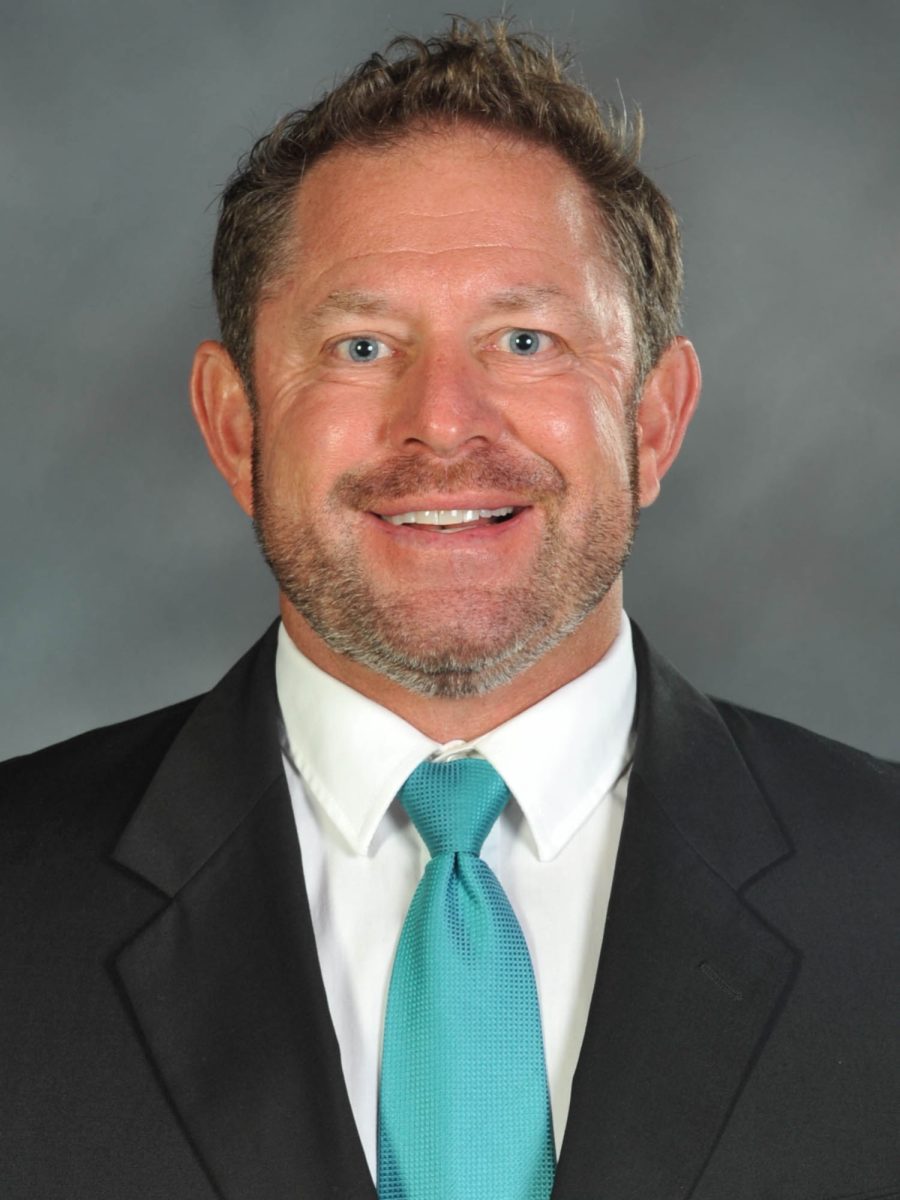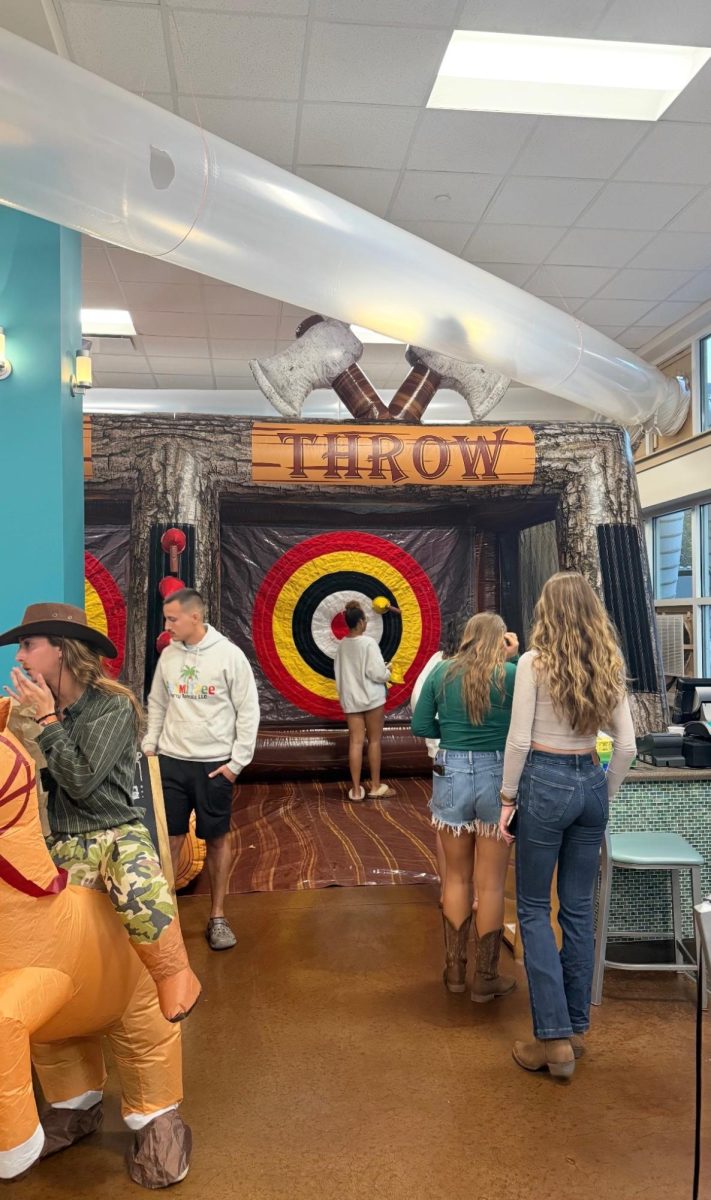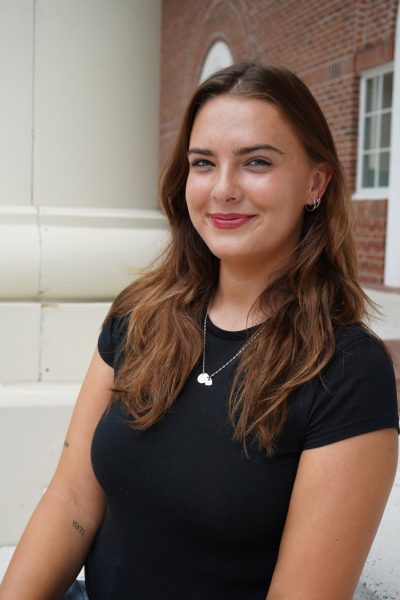On Wednesday, Oct. 1, Coastal Carolina University’s Faculty Senate meeting touched on faculty concerns regarding academic freedom and freedom of speech.
President James Winebrake opened the meeting by reaffirming the university’s commitment to protecting academic freedom.
“I want to assure you all that I, and Provost Knotts, and other senior leaders and the deans stand by this … to academic freedom,” Winebrake said. “I know these are challenging times, and there’s a lot of grey area and nuance, and social media, frankly, has made a lot of this very complicated.”
Inside the classroom, academic freedom is outlined in Section 5.2.1 of CCU’s faculty manual, stating “faculty members are entitled to freedom in the classroom to discuss their subjects but should not introduce controversial material which has no relation to the subject.”
Outside of the classroom, recent topics of political controversy expressed by teachers and faculty, and specifically how their employment was affected by it, have led to uncertainty about the limits of free speech.
History professor Philip Whalen questioned how public statements could affect faculty members’ standings, asking for clear guidance on what is considered personal expression versus a bad representation of the university.
“If I go to my parish and I say, ‘I think we need to support Planned Parenthood,’ and someone finds out I teach at Coastal Carolina University, is that going to create a problem? I think a lot of people probably are wondering the same thing right now,” Whalen said.
University Counsel Amanda Bailey responded to the faculty’s concern, stating that the situation depends on whether they are speaking, or alleged to be speaking, as an employee rather than an individual. Also taken into consideration is if the speech violates university policies, relating to examples such as discrimination, equal employment opportunity or Title IX.
“If we receive a report of it— we’re not out there looking for it. We’re not looking at your social media for anything — but if we receive a report of a violation of our policy … we will review it,” Bailey said.
Faculty Senate Chair Drew Kurlowski said he was pleased to feel like the administration appears to share a goal of open dialogue without fear of censorship.
“I think it’s clear that the faculty are exceptionally concerned about threats to free speech on campus, and it was good to have a productive conversation with the administration about that,” he said. “I do think that they are on the same page with the faculty in terms of wanting to ensure that the university is a place where we can have good conversations about a number of different topics, in a way that we don’t fear censorship or prosecution or persecution.”


















